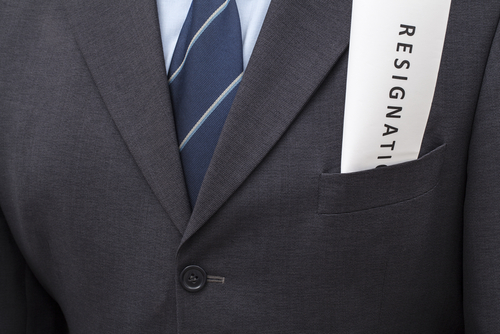Help Where It's Needed
A federal program that provides assistance to minority, low-income and disadvantaged students preparing to enter the legal profession is seeking renewed funding.
Congress, after appropriating $4 million for each of the past three years for the Thurgood Marshall Educational Opportunity Program, provided no funding for the current fiscal year. The ABA is asking that Congress restore funding for the 2005 federal fiscal year—which starts Oct. 1—in the amount of $6 million.
The ABA is also working with Congress to gain reauthorization of the Marshall program under Title VII of the Higher Education Act, which expires this year. The most recent step toward that goal was House passage in June of a bill that would reauthorize Title VII programs through fiscal year 2009. The bill’s provisions are expected to be part of comprehensive legislation to reauthorize the Higher Education Act.
The wide range of programs in the act and the limited election-year timeframe, however, have raised doubts about whether Congress will be able to complete action on it before adjourning this year.
Reauthorization continues a program’s existence and eligibility to receive federal funding. But a program may continue to exist even without reauthorization as long as Congress appropriates money to it.
A GOOD INVESTMENT
The ABA believes the program has “a significant positive impact on society for a modest cost, said H. Thomas Wells Jr., House of Delegates chair, during testimony in March before a House Appropriations subcommittee.
A national survey commissioned by the association in 2000 found that half of those polled believed the justice system was unfair, treating people differently based on factors such as race, noted Wells of Birmingham, Ala.
“We believe,” he said, “that one key to addressing this negative perception and restoring the public trust is to ensure that decision-makers and others represented in our justice system reflect the growing diversity of our population.”
The Marshall program, established in 1998, is administered by the Council on Legal Education Opportunity, a nonprofit project of the ABA Fund for Justice and Education. Since 1968, CLEO has worked with more than 100 colleges and law schools to provide more than 6,000 students with counseling, placement assistance and training. Other organizations participating in governing CLEO are the Association of American Law Schools, the Hispanic National Bar Association, the Law School Admissions Council and the Society for American Law Teachers. Private lawyers also are involved.
The Marshall program identifies students who qualify for law school, prepares them for study at accredited schools, helps them select schools and apply for financial aid, and provides support services during their first year.
The program also provides qualified students with stipends of up to $10,000 to help offset the financial burden of legal study, and encourages the students upon graduation to provide their services to low-income communities.
Minorities have made progress in gaining admission to law school and entering the profession in recent years. However, the reality is that no minority population comprises more than 4 percent of the bar, notes William A. Blakey of Washington, D.C., chair of CLEO.
“We must continue to recruit and train more students from diverse and underrepresented backgrounds,” Blakey says, “to pursue excellence and to become advocates in the fight to achieve equal opportunity and diversity in the legal profession.”
Sidebar
This column is written by the ABA Governmental Affairs Office and discusses advocacy efforts by the ABA relating to issues being addressed by Congress and the executive branch of the federal government.
Rhonda McMillion is editor of Washington Letter, an ABA Governmental Affairs Office publication.



